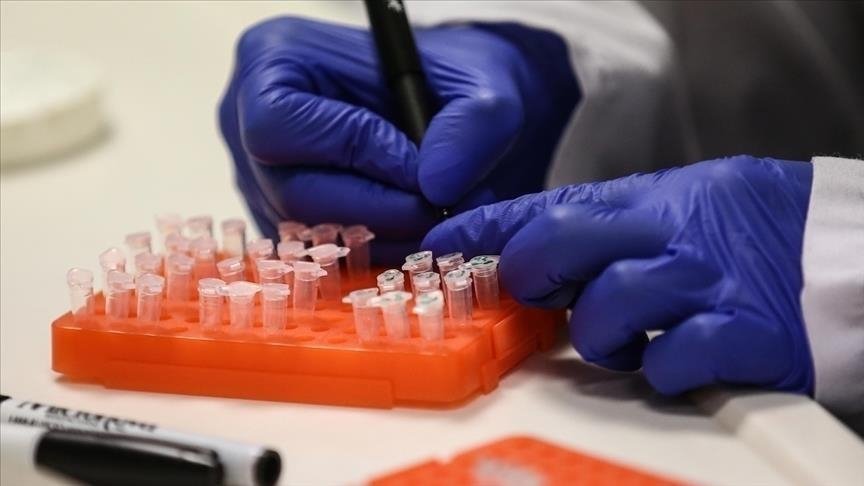Korede Abdullah in Lagos
Africa is grappling with a significant funding gap of over $220 million to sustain and strengthen its response to the ongoing mpox outbreak, which continues to spread across the continent and globally.
In a joint statement the Africa Centres for Disease Control and Prevention (Africa CDC) and the World Health Organization (WHO) emphasized the urgency of filling this gap, stating, “Across countries and partners, over US$220 million is needed to fill funding gaps for the mpox response.”
Their revised Continental Response Plan prioritizes expanded vaccination, long-term preparedness, and integration of mpox prevention into regular health services.
The virus, which was historically transmitted from animals to humans, has evolved, with human-to-human transmission now a major driver of the outbreak.
Two concerning viral strains, clade IIb and clade Ib, have spread rapidly through sexual contact and close human interactions, prompting the Africa CDC and WHO to declare both continental and international public health emergencies in 2024.
“By August 2024, the virus had begun spreading from the Democratic Republic of the Congo to four neighbouring countries,” the agencies reported, adding that 28 countries globally have since reported cases.
Local transmission has now been documented in multiple African nations, including Kenya, South Africa, and Tanzania.
Efforts to control the outbreak have led to significant progress, especially in the Democratic Republic of the Congo, where over 650,000 vaccine doses have been administered and diagnostic labs expanded from two to 23 across 12 provinces.
“With new, near-point-of-care tests currently being rolled out in the country, capacity is expected to increase even further,” the statement noted. Yet, challenges persist, particularly in eastern DRC, where conflict and aid cuts hinder access to care.
The Africa CDC and WHO continue to work with national governments and partners to build resilience and reduce transmission across the continent.



